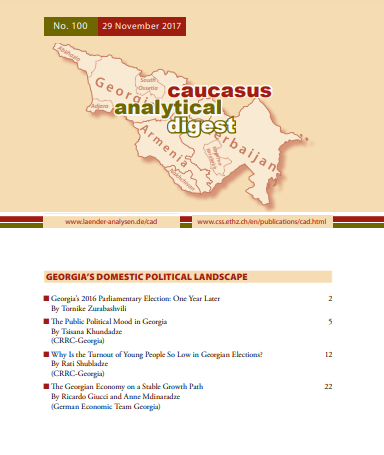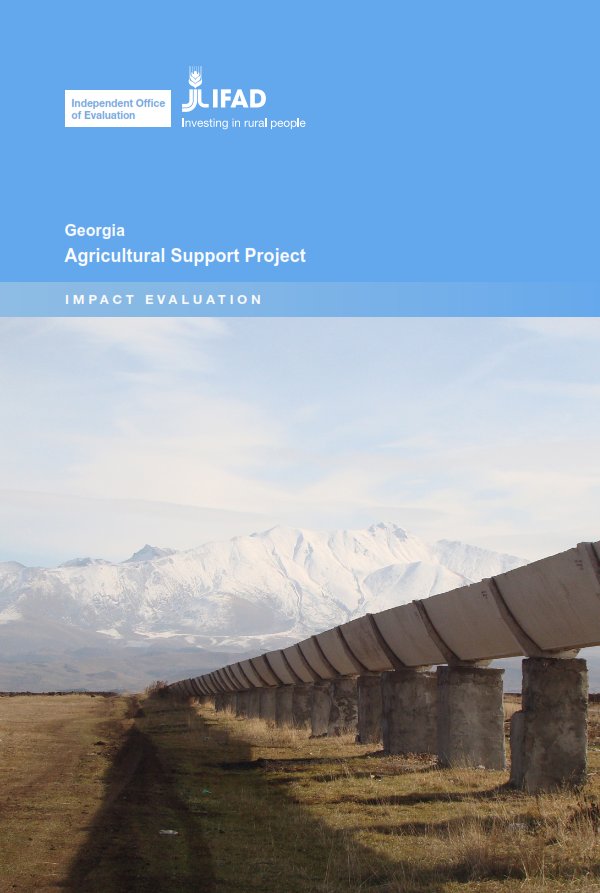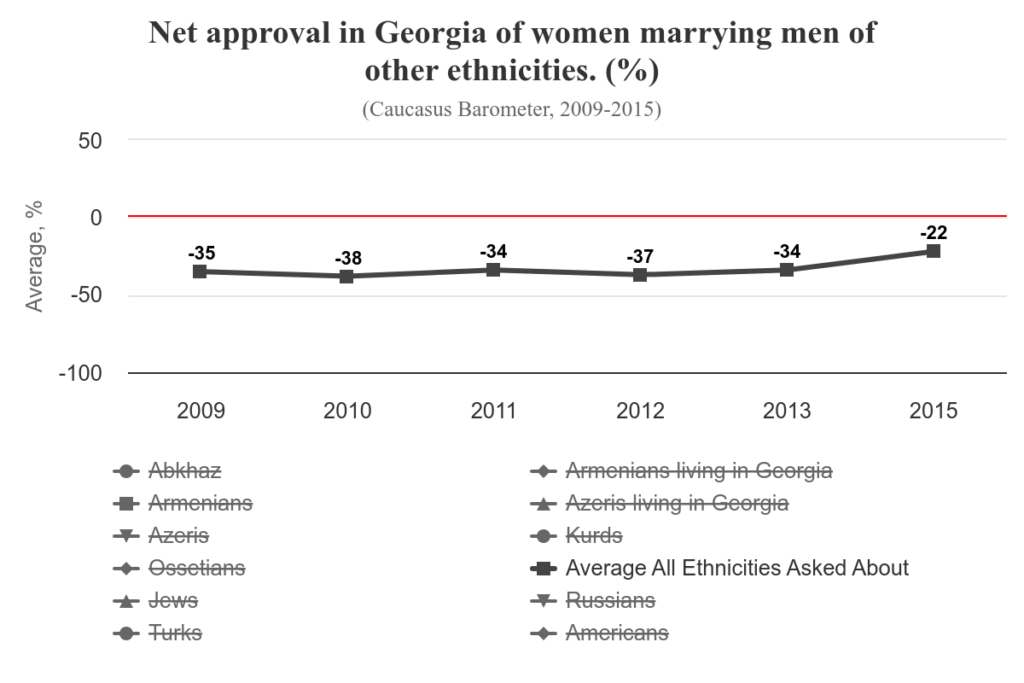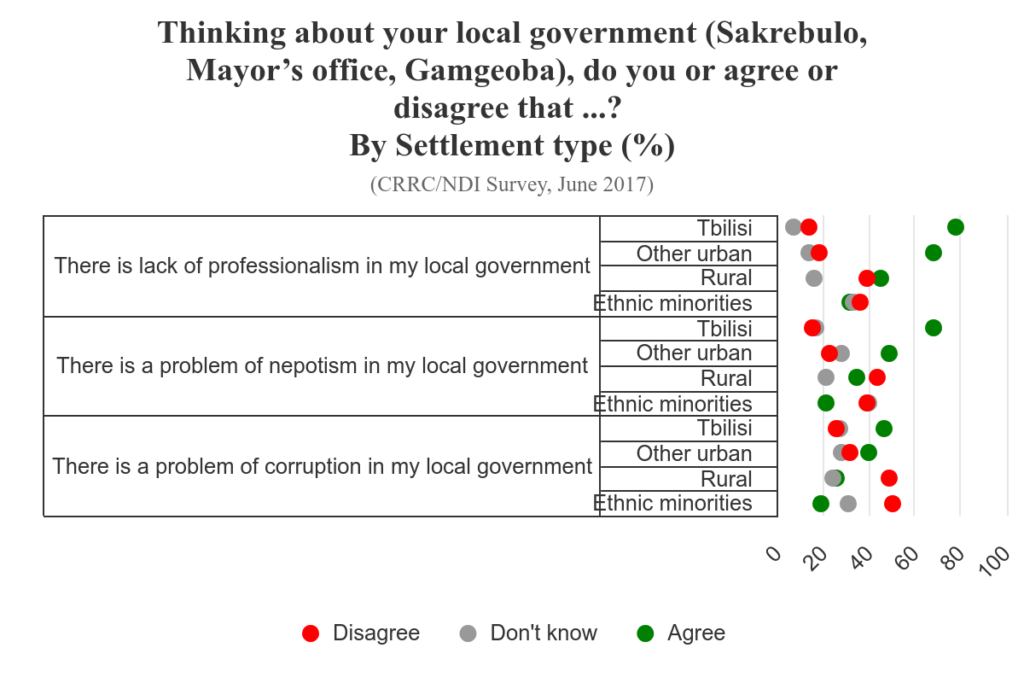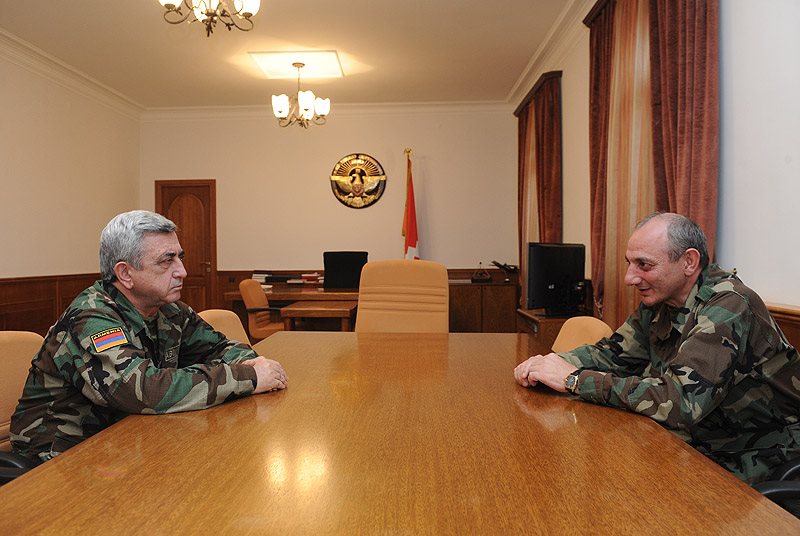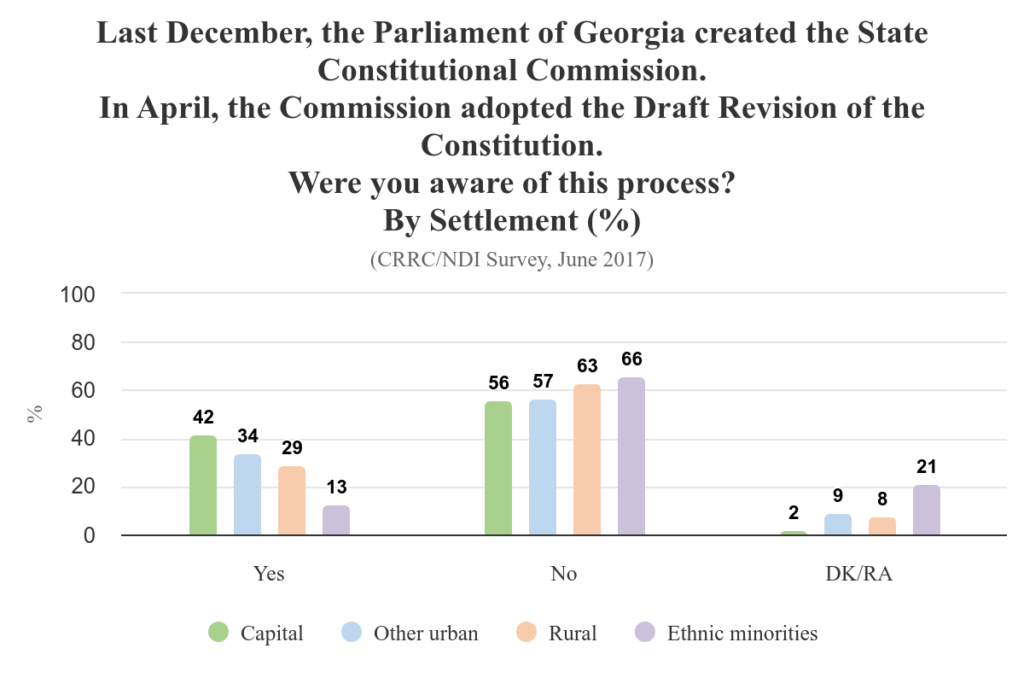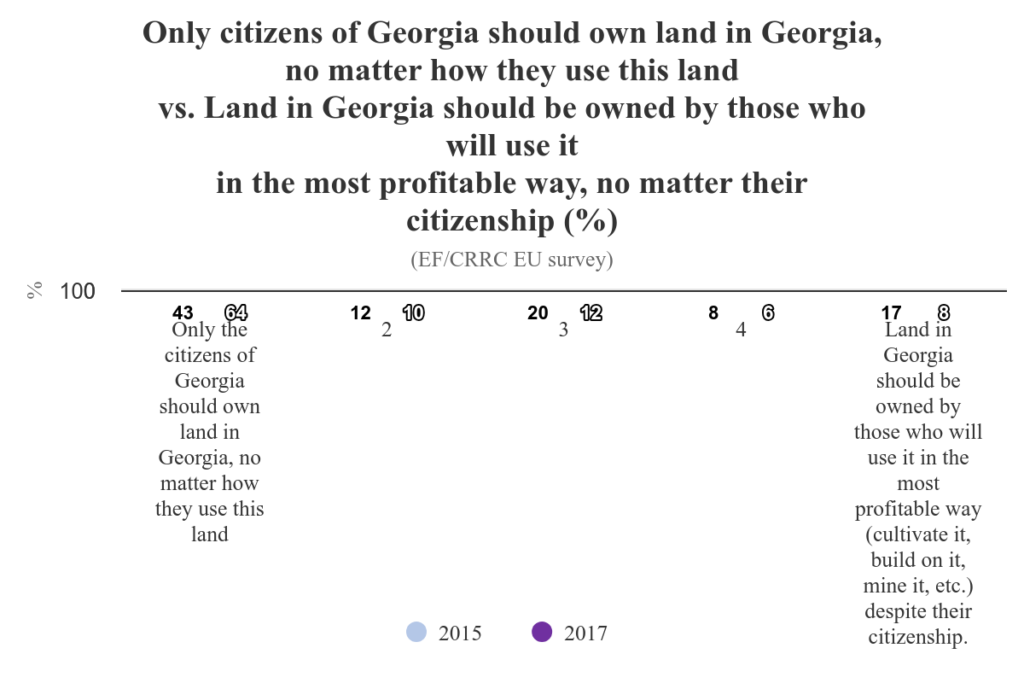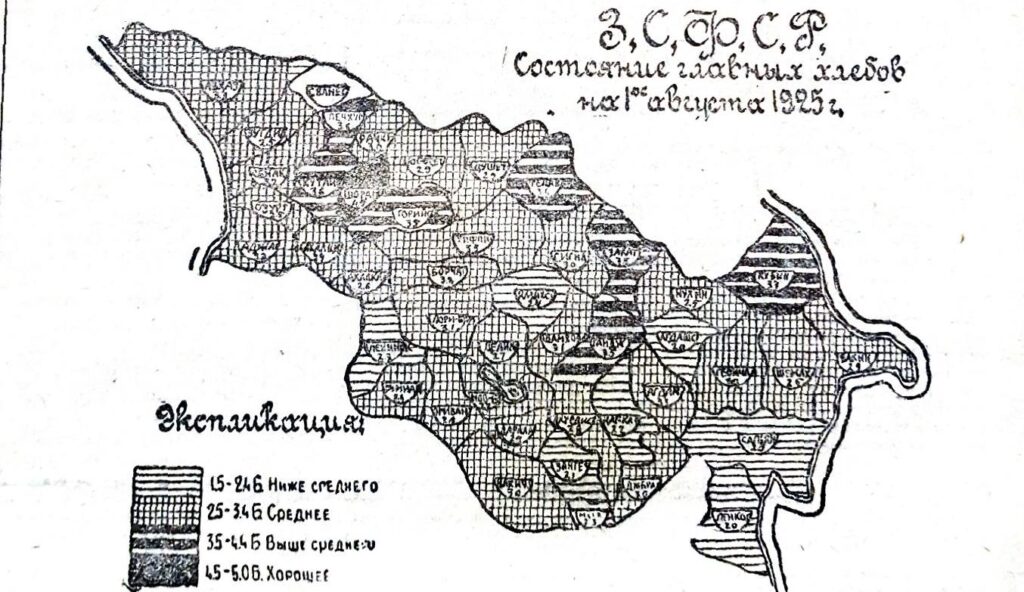
On Wednesday, December 13, 18:30 at the CRRC-Georgia Office, Dr. Stephan Rindlisbacher from the University of Bern will give a talk about his work in progress “The Transcaucasian Socialist Federative Soviet Republic as an Object of Neglect”. Stephan Rindlisbacher is currently…
